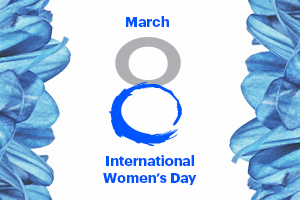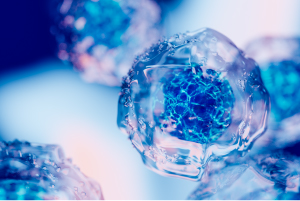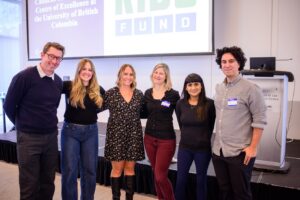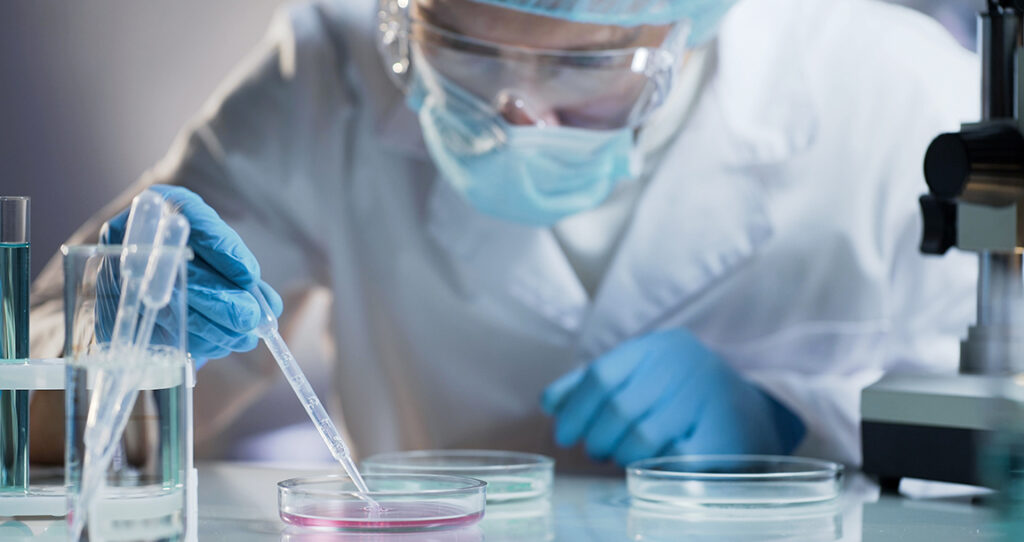
Principal researcher confirms trial participants with a history of hypoglycemia unawareness are now insulin independent.
Funding cell replacement therapies research is one of JDRF’s most critical undertakings globally, in its efforts to support the most promising cure-based research into type 1 diabetes (T1D).
On January 10, 2022, Sernova Corp. provided a progress update on its Phase 1/2 T1D clinical trial, a JDRF-funded clinical trial of its cell replacement therapy. The findings were presented by Dr. Piotr Witkowski, the clinical trial’s Principal Investigator at the University of Chicago.
Sernova is a clinical-stage regenerative medicine company and has continued to demonstrate promising results for its Cell Pouch System™. When transplanted with insulin-producing islets, this system has consistently demonstrated in ongoing trials that it can produce insulin in people T1D, and participants maintain more consistent blood sugar levels. Additionally, it has demonstrated ongoing safety and tolerability of the system. In Sernova’s current clinical trial, patients must take immunosuppressive drugs to prevent rejection of the implanted cells.
Sernova’s approach for T1D involves transplanting purified islet cells (the cells in the pancreas that produce insulin and that are destroyed in people with T1D) from organ donors into the Cell Pouch™, an implantable medical device that allows these cells to survive long term and produce insulin. This is a cell replacement therapy that has the potential to be a T1D cure.
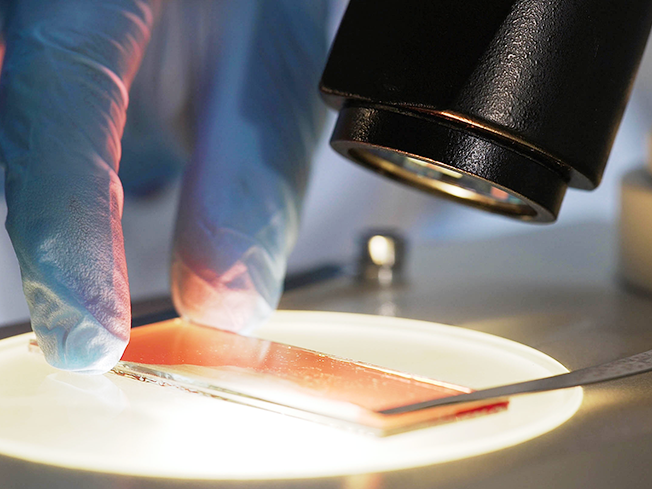
The objective of Sernova’s Phase 1/2 clinical trial is to assess the safety, tolerability and efficacy the Cell Pouch™ transplanted with insulin-producing islets in trial participants with T1D who have a history of hypoglycemia unawareness and severe hypoglycemic events.
To be in the study, participants must meet stringent eligibility criteria including, but not limited to, long-standing T1D, recent episodes of hypoglycemic unawareness and an absence of glucose-stimulated C-peptide detectable in their bloodstream (a biomarker that demonstrates the body is making its own insulin).
Hypoglycemia unawareness is a person’s inability to recognize the symptoms of low blood sugar before they become severe or even fatal. It typically occurs when blood glucose levels are below 3.0 mmol/L and is estimated to affect approximately 15% of people with T1D.
Highlights from the study include:
- Maintained and ongoing safety and tolerability of the Cell Pouch™
- Islet transplantation to the Cell Pouch™ resulted in the establishment of new, measurable islet function, documented by detectable levels of stimulated C-peptide in the first three participants who completed the course of transplants.
- A supplemental, single intraportal islet transplant was enough for the first two participants to achieve and maintain sustained ongoing insulin independence and freedom from severe hypoglycemic events for over 21 and 2 months, respectively.
- The third transplanted participant who recently completed their course of Cell Pouch™ transplants and a supplemental intraportal islet infusion, saw improvements in glucose control, near-normal levels of C-peptide, an absence of severe hypoglycemic events and reductions in daily insulin use.
- Three additional participants are progressing through the study.
Sernova’s Cell Pouch™ System was created with the goal of one day treating people with T1D and other chronic diseases using stem cell-derived technologies, that will not require immunosuppression. Sernova is partnering with other companies to advance the Cell Pouch™ system to testing using a stem cell-derived source, as well as approaches that will reduce or eliminate the need for immunosuppression.
To date, between our partner organizations JDRF has invested more than $140 million USD in cell-replacement therapy research for T1D. As we celebrate the 100th anniversary in 2022 of the first successful insulin injection, this is another example of Canadian excellence in diabetes research that is accelerating us towards cures.
